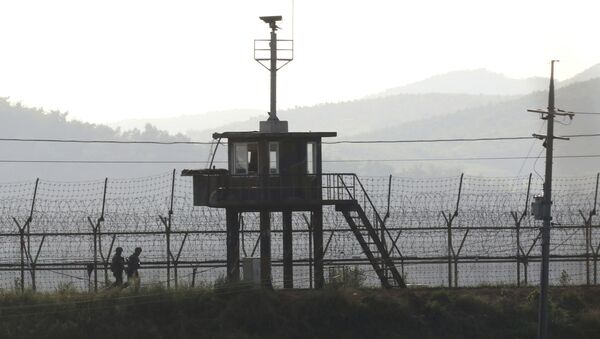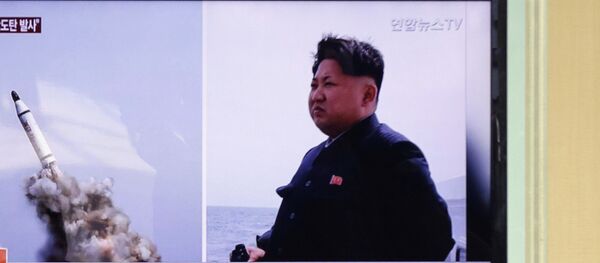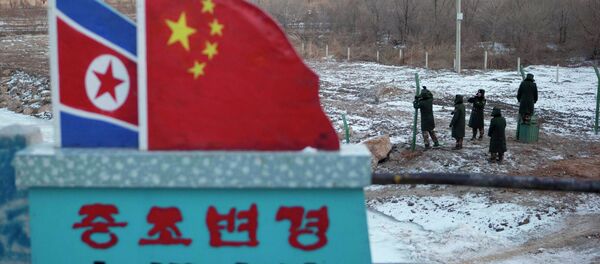Dr. Petrov argued that a reunion would prove profitable for South Korea as its northern neighbor is rich in natural resources and workforce.
However, this scenario could also have negative consequences, as the ideological, social and cultural gap between the two nations is very considerable.
“The 1989 unification of Germany cost around $2 trillion, and that South Koreans would have to pay the initial $3 trillion needed for reuniting the poor North with the affluent South,” Petrov said.
When asked how long it could take for the northern part of the country to adjust itself to the economically more advanced south, Leonid Petrov said that the whole process could partly pay its way.
He mentioned the number of joint trade and tourism projects the two countries engaged in a decade ago as part of the so-called “Sunshine Policy.”
He said that two South Korean presidents had traveled to Pyongyang to discuss the economic development of the peninsula, including port facilities, railways, automobile roads and even the possibility of extending electricity grids from Russia to the Korean peninsula.
“Unfortunately, the ‘Sunshine Policy’ project was discontinued in 2008 and the two countries have since seen a deep freeze in bilateral relations,” Petrov continued.
The zones of cooperation were shut down and families, divided since the Korean War, were no longer able to reunite.
“Seventy years of total isolation have created two different nations, and the cost of reeducating the North Korean people and preparing the South Koreans for the long-awaited reunion could be very painful and costly,” Leonid Petrov noted.
Regarding the current standoff between Pyongyang and Washington and its impact on the relations between the two Korean states, Petrov said that Pyongyang was trying to rely on its own indigenous nuclear and missile systems.
Leonid Petrov still doubts that either Kim Jong-un or any other members of his government really want to bring the situation to a head, and believes that diplomacy will eventually prevail and avoid nuclear Armageddon.
“Meanwhile, the US has reportedly been conducting some second-track negotiations with Pyongyang and this inspires hope that war in not inevitable,” Leonid Petrov concluded.
The war of words between Washington and Pyongyang dramatically escalated this week, with North Korea threatening to fire missiles at the US territory of Guam in response to President Trump’s pledge to meet “further provocations [by North Korea] with fire and fury like the world has never seen.”




